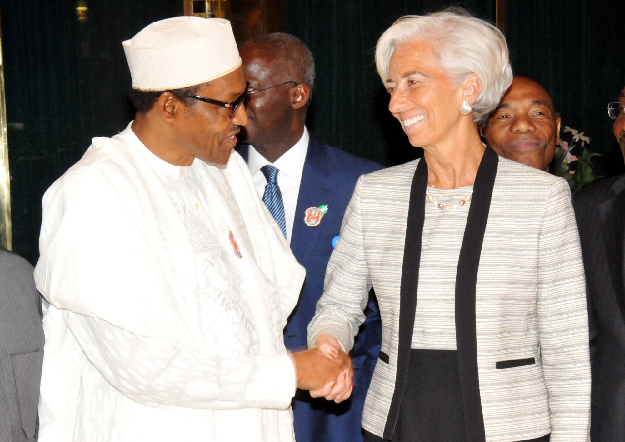Wednesday marked the official countdown of UK’s divorce from the EU, ending a 44-year relationship with its neighbors.
The end of this relationship is of course painful, but many agree that this marriage was not a case of love at first sight after all. Investors decided not to take any significant action on Wednesday, the GBPUSD traded within 70 pips trading range, and all major European equity markets closed higher.
Predicting currency movements was never an easy task, and in the pound’s case it’s even a more complicated situation given that we never experienced such a divorce in the past. Economic conditions in the U.K. are in a much better shape than what was anticipated nine months ago, with most economic indicators surprising to the upside. Meanwhile, the BoE is likely to turn more hawkish as the depreciation of sterling continues to feed through to increased prices. These factors helped the pound to find a floor in the past 6-months, but the forward outlook will much depend on how negotiations progress in the next couple of months.
Sterling bears hope that the EU will take a tough stance on the U.K., making it a lesson for the rest of EU countries. This would lead to British completely losing access to the European single market, companies freezing CAPEX, and many multinational companies moving their hubs to different countries. If this was the case, then we’re likely to see renewed selling pressure on the pound, potentially dropping below 1.20.
Advertisement
The sector which matters most is unquestionably the financial sector, and I believe many CEO’s won’t wait too long before moving operations elsewhere. Without passporting rights, UK financial services firms must have a state level agreement to perform activities in other European Union countries, and we’ve already seen a couple of announcements for major investment banks planning to move some jobs to another EU jurisdiction. If such actions accelerate, it will be an indication that negotiations are not moving on the right path and will support the views that sterling will head lower.
The EU will also suffer on the short to medium-run if they play tough, after all the U.K. is the second largest economy within the union. However, the EU will not sacrifice the achievements of a 76-year project based on short-term losses.
The bulls on the other side of the equation assume that some sort of agreement will materialize. For instance, U.K. pays the divorce bill, allows free movement of people and in return they maintain some sort of access to the EU single market. I think this scenario will have a more upside risk than the bearish scenario with a potential of 10% appreciation on GBPUSD.
Advertisement
Add a comment






